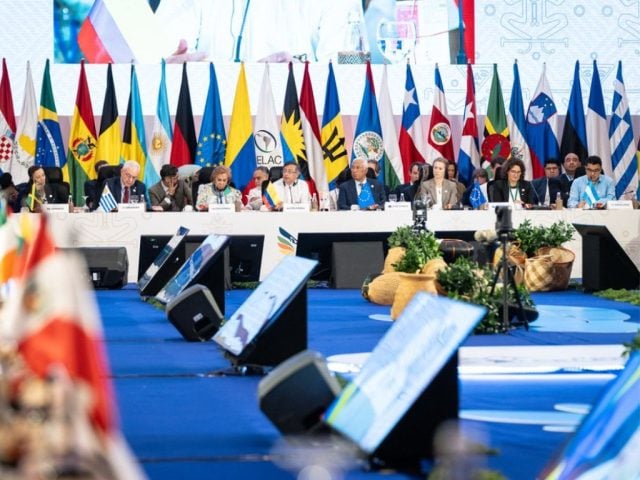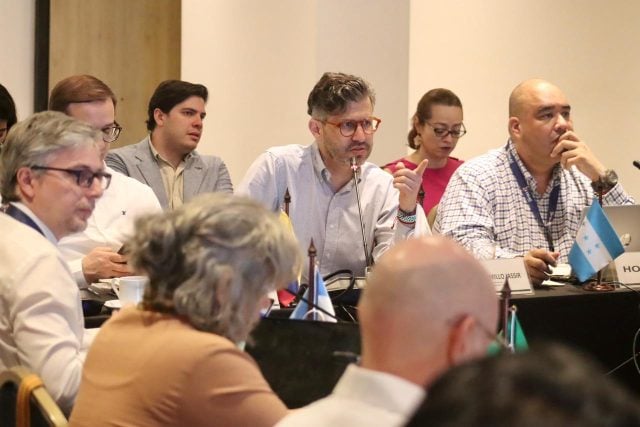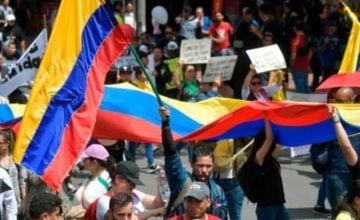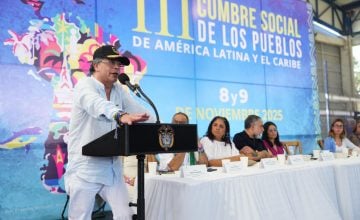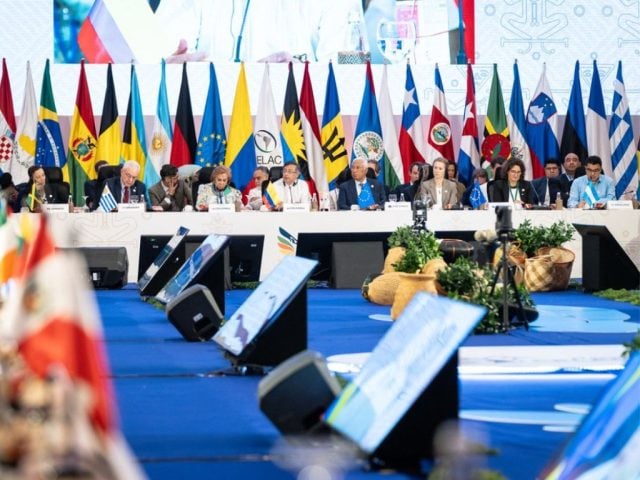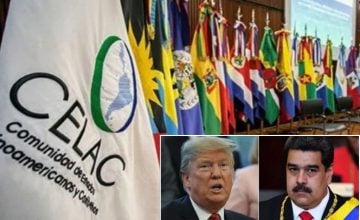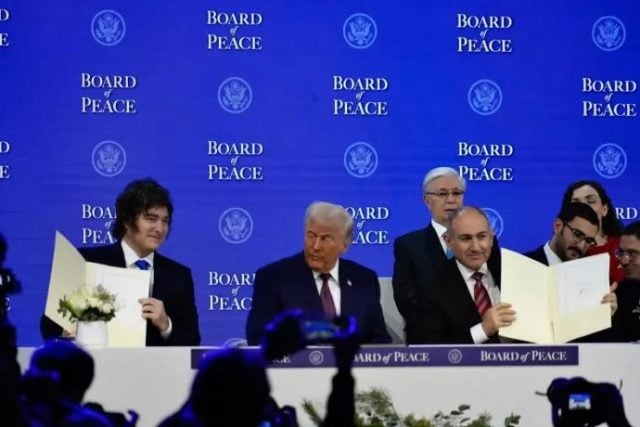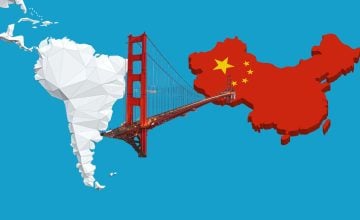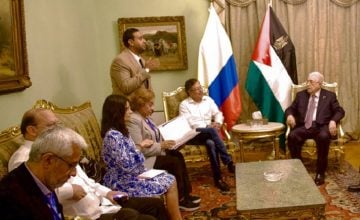Original article: Cumbre CELAC–UE acuerda mantener la región como zona de paz y reafirma el multilateralismo
The IV CELAC–EU Summit has concluded in Santa Marta, Colombia, with a significant 52-point declaration that emphasizes the necessity to maintain the region as a zone of peace and reaffirms multilateralism as a key tool for addressing shared challenges. The document, endorsed by 32 out of 33 CELAC countries and all 27 EU member states, highlights that cooperation among nations is the only way to confront existential threats and demonstrates that agreements can be reached even amid global conflict.
President Gustavo Petro presented the final text and emphasized: “We insist, persist, and deepen the belief that multilateralism means diverse nations coming together to solve common problems.” The gathering brought together 2,500 delegates, which Petro hailed as a “great success”, leaving an estimated local economic impact of US$ 3 million and garnering extensive international coverage.
CELAC–EU Summit Peace Zone: Key Agreements
- Zone of Peace. The declaration reaffirms the peaceful nature of the region, including the Caribbean Sea, amid rising militarization.
- Effective Multilateralism. The summit stresses joint solutions for crises that cannot be tackled by any single country alone: climate change, poverty, and digital economy.
- Political Message. The President of the European Council, António Costa, defined the summit as a “clear message to the world”: advocating dialogue over division and cooperation among equals.
- Investment and Connectivity. The summit promoted the Global Gateway program, which will mobilize €31 billion in over 100 initiatives:
- Satellite digital connectivity for remote areas.
- Integration of regional power grids.
- Bi-regional supercomputing network for science and data.
- Specific Pacts.
- Alliance for Citizen Security against organized crime and drug trafficking.
- Care Economy Pact for exchanging best practices and standards.
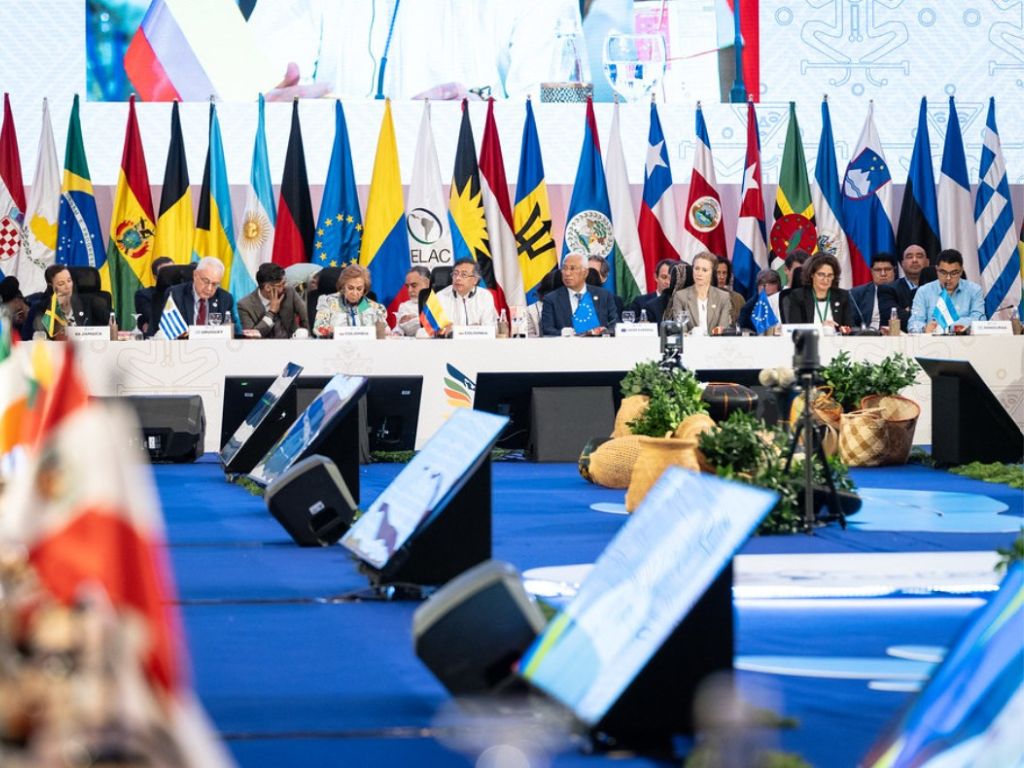
Accelerating Relationship
Costa emphasized the regularity of dialogue (two years after the previous summit, following an eight-year hiatus), indicating a “more dynamic and intense” relationship. In the past decade, birregional cooperation has resulted in a 52% increase in trade in goods and 91% in services. The city of Santa Marta, celebrating its 500 years, was recognized as a symbol of unity and cooperation.
Why It Matters
The emphasis on zone of peace and multilateralism provides a shared roadmap to tackle the climate emergency, inequality, and digital transition with concrete projects and financing, sending a political signal that agreements are possible even in times of polarization.
